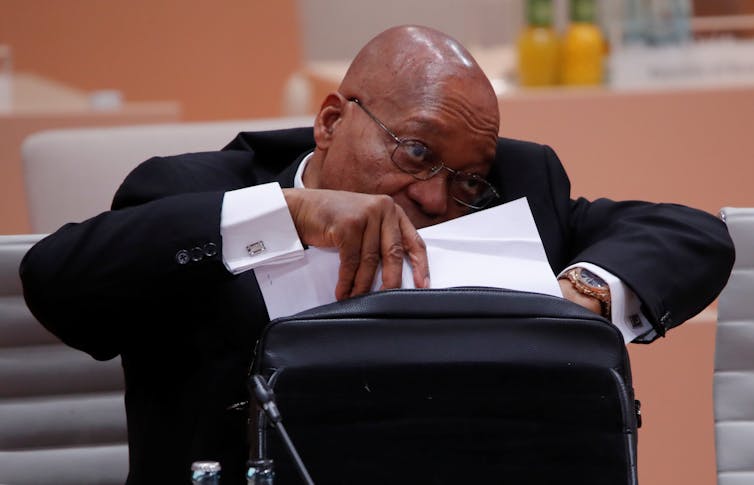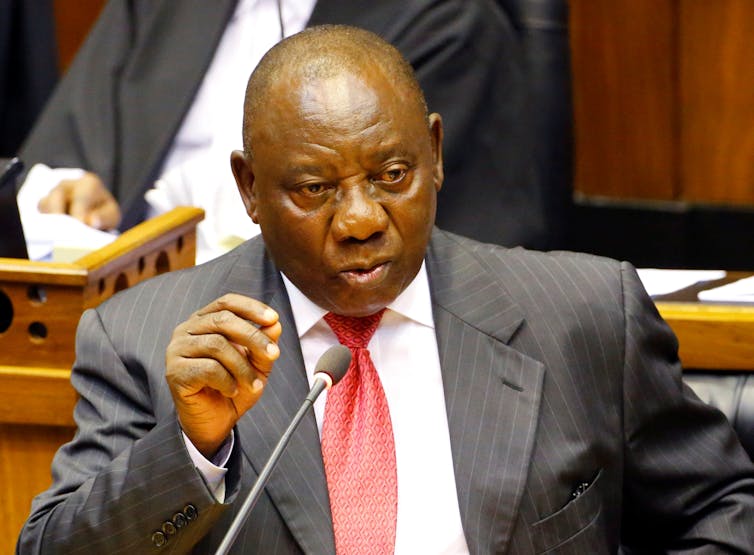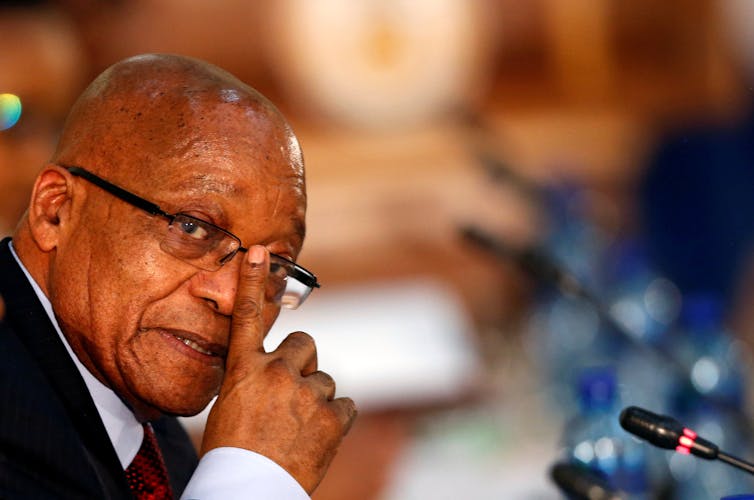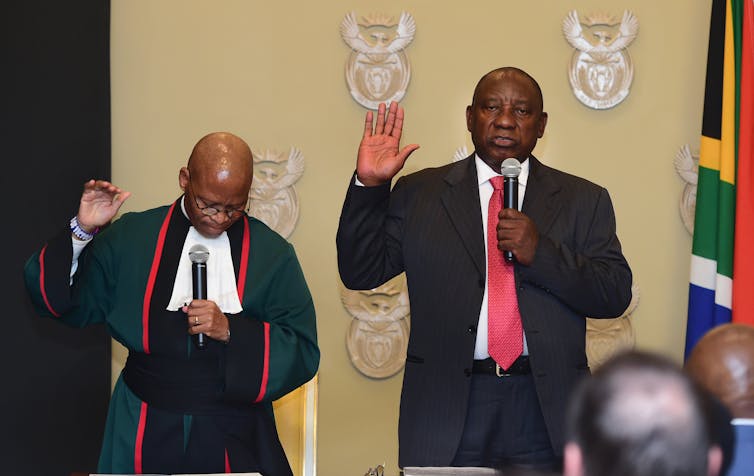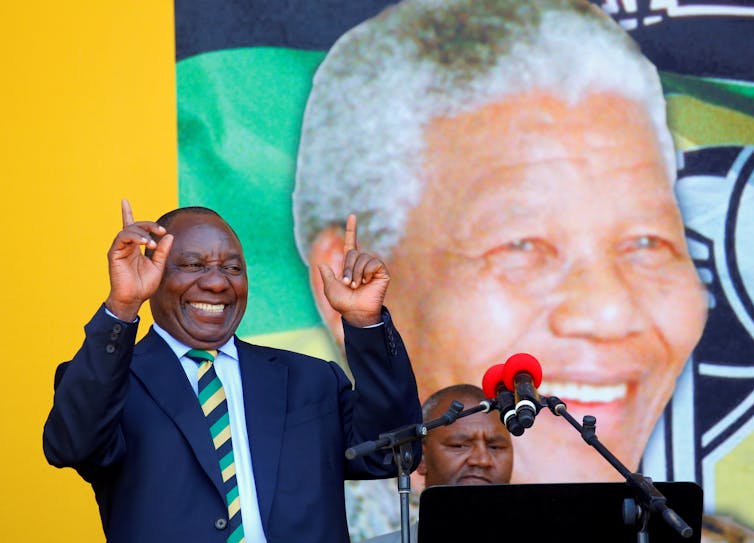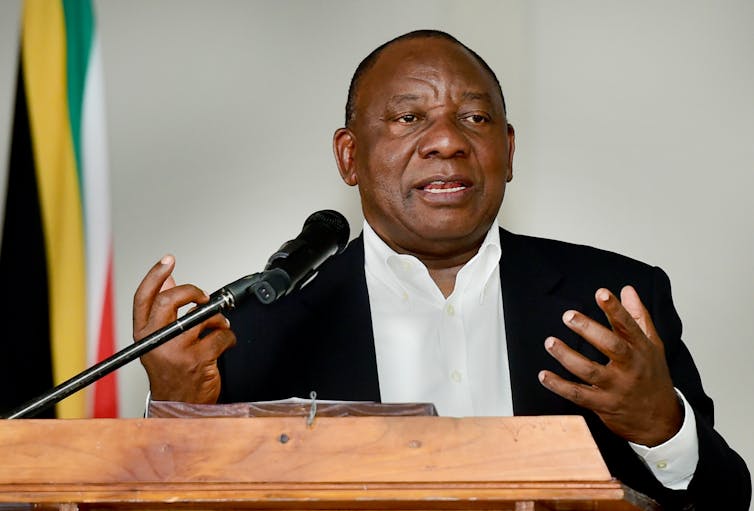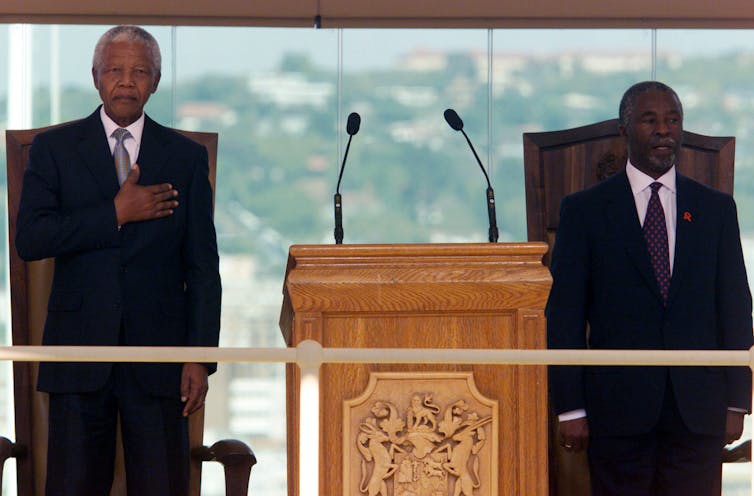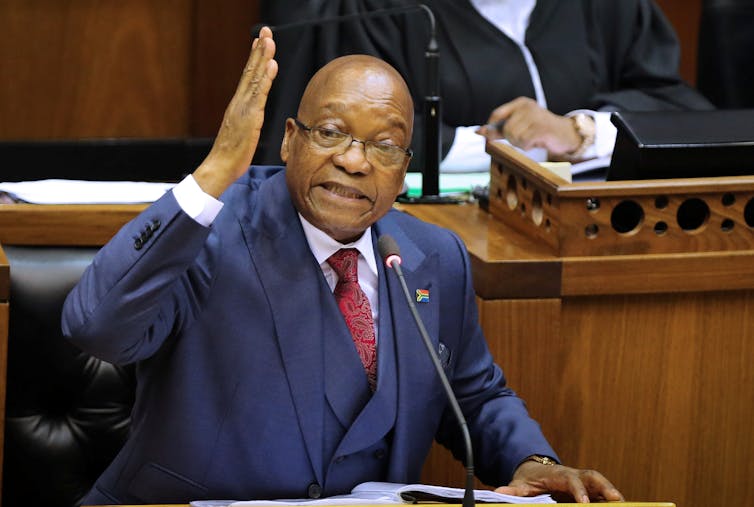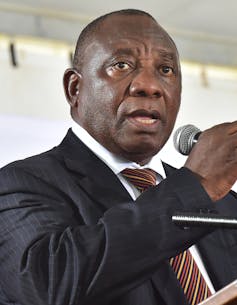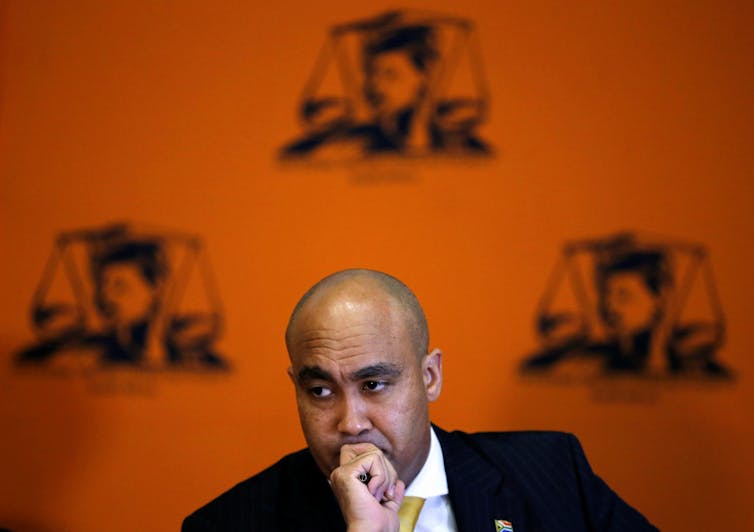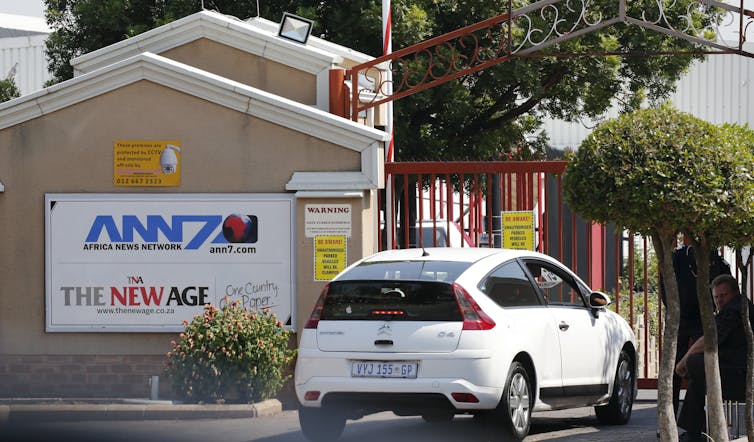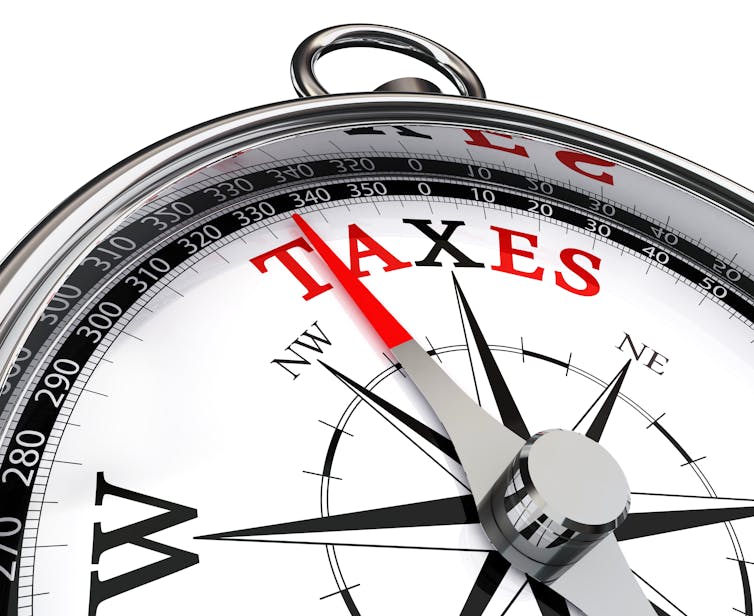
Shutterstock
South Africa’s 2018 budget seemed to be all about tax hikes. The most significant was the first increase in Value Added Tax (VAT) since 1993 from 14% to 15%. Sibonelo Radebe asked Muneer Hassan to make sense of the tax increases.
What is your general impression of the budget speech?
The 2018 budget was predictable in that it was similar to previous years – expenditure rose, funded by an increase in taxation. What was notably different in this year’s budget is that the issue of fruitless and wasteful expenditure was in the spotlight. One new measure being proposed on this front is that state owned entities will be denied tax deductions for expenditure or losses that are classified as fruitless and wasteful.
To minimise the annual increase in budgeted expenditure, a reduction in cabinet expenses amounting to R85 billion over the next three years is proposed. This is a positive proposal which shows a serious intent by government to cut expenses where possible. It can also be taken as a hint that not only a cabinet reshuffle, but also a possible reduction in the cabinet number count, is on the cards.
What is your impression around the key tax announcements?
I was not surprised by the one percentage point increase in the VAT rate. South Africa is in a way catching up with other countries in the Organisation of Economic Cooperation and Development (OECD). Their average VAT rate is around 19%. And most African countries have a higher than 14% VAT rate.
It was also not surprising that the VAT rate was raised rather than personal income tax. South Africa has seen a decline in collections from personal income taxes over the past few years. This has been attributed to job losses, lower bonus payments and moderate wage settlements. This suggests that the personal income tax front may have reached a ceiling.
The VAT rate increase is further justified in that 30% of the wealthy taxpayers contribute 85% of total VAT collections.
And to shield those on the bread line from the increase, social grants were adjusted by more than inflation.
The concept of multi-VAT rate, differentiated rates for different items, was on the cards. But the idea was dropped because it was considered unfeasible – it would need additional enforcement to work properly and there is also a view that it could have created legal uncertainty.
Instead of multi-VAT rates, the budget proposed an increase in duties on luxury goods such as cars, smart phones and so on through the current ad valorem excise duties. These items are largely consumed by wealthier people.
What are the main drivers of these tax developments?
The main driver was the need to fund the tax revenue shortfall which stands at R48.2 billion for the current (2017/18) financial year, slightly lower than the projected amount of R50.8 billion. The reason for the shortfall is due to lower than expected tax revenue collections, which is directly affected by the employment numbers, company results and consumer spending.
In addition government is struggling with ever increasing debt-service costs due to slowing economic growth and against rising social expenditure needs. The budgeted debt-service costs for 2018/19 is R180 billion. Goverment’s borrowing space has shrunk. Sovereign debt has skyrocketed towards unsustainable levels over the past few years.
The tax policy proposals are designed to raise R36 billion in additional revenue. The increase in the VAT rate will bring in an extra R22 billion.
From a tax perspective, were there any missed opportunities?
I expected more relief for small businesses particularly on the ease of administration for these taxpayers. Small businesses of today are big businesses of tomorrow. Unlocking the potential of small business is therefore a vital stimulus to the growth rate.
Any other thoughts?
Muneer Hassan, Senior Lecturer in Tax, University of Johannesburg
This article was originally published on The Conversation.
